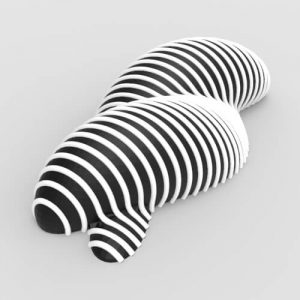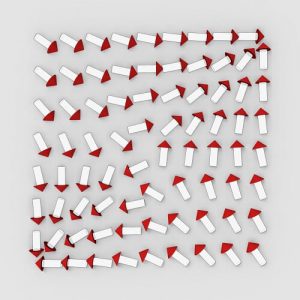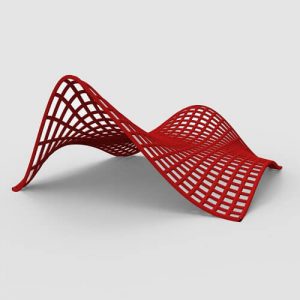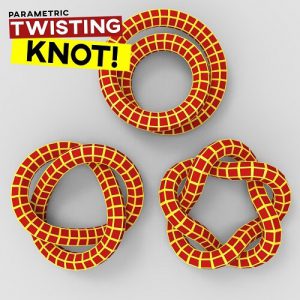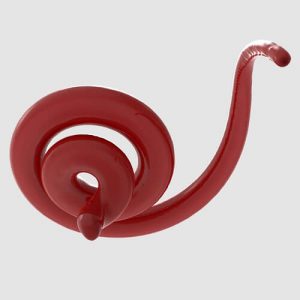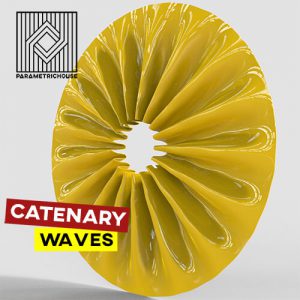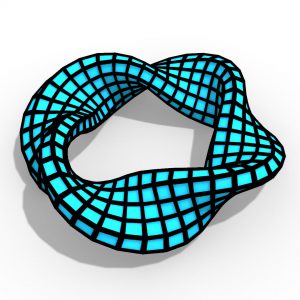In this grasshopper tutorial I will explain about two different techniques to model mathematical surfaces: Isomesh & Parametric. First I will explain how you can model the Isomesh surfaces in Grasshopper with the Monolith plugin and then I will Model the parametric surfaces with mathematical equations.
In this Paracourse Lesson we will study the Field component in Grasshopper and how it works. First we will talk about different charges and then how you can use different components in the field tab to visualize your field
In this Paracourse Lesson, we will use the Spatial Deformation (Custom) in Grasshopper to deform a surface by defining points with zero deformations and points with vector deformation. We will also control a mathematical function called "Falloff Function" to change the smoothness of the deformation.
In this Paracourse Lesson we are going to model a parametric knot from scratch by using the Lunchbox plugin. First we are going to use a simple technique to extract the knot's curve and then we will give it a volume and divide it into panels.
In this Paracourse Lesson we are going to use polar coordinates to model a parametric spiral. We will use graph mapper to give more control to the polar curve. Finally we can use the dendro plugin to voxelize it and give it a smooth mesh volume.
in this paracourse lesson, we are going to model a catenary wave surface. We are going to learn how to use "Shift List" and "Shift Paths" properly and also dividing data into groups by using "Partition List"
In this Paracourse lesson we are going to model a parametric helix in grasshopper from scratch.
In this Rhino Grasshopper tutorial, we can use the Parakeet's "Complex Transform" component to deform a simple square grid and convert it into a parametric Window.



